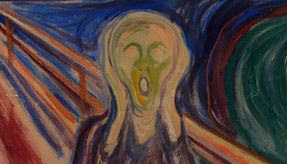From Reason here's a quote about the decline in soda (that's pop to us Brits) consumption:
"Over the last 20 years," Sanger-Katz reports, "sales of full-calorie soda in the United States have plummeted by more than 25 percent." In other words, the downward trend began more than a decade before the soda tax debates in New York state (2009), Washington state (2010), and Philadelphia (2010). Americans began drinking less soda nearly two decades before Berkeley approved a soda tax and San Francisco rejected one, both of which happened last year.
So the great debates we see about sugar loaded fizzy drinks have been presaged by a profound shift in consumer behaviour. Yet this doesn't stop the public health scare story:
It will help explain why childhood obesity rates have risen so dramatically within a generation: in the US, where a third of children are overweight or obese, the average weight of a child has risen by more than 5kg in three decades.
Put those two quotes together and you get a "just a second, are you sure?" response to one or the other. On the face of it both can't be true.
So a question - are the scare stories about diet, about drinking or other choice behaviours a reflection of behavioural changes that are already happening? The great scares about alcohol in the UK - "Binge-drinking is getting out of control in Britain" or whatever - started flooding the newspapers and airwaves during a time when alcohol consumption was falling rapidly. It's almost as if these scares simply reflect people's changing habits - almost a means of society dealing with cognitive dissonance.
....

No comments:
Post a Comment